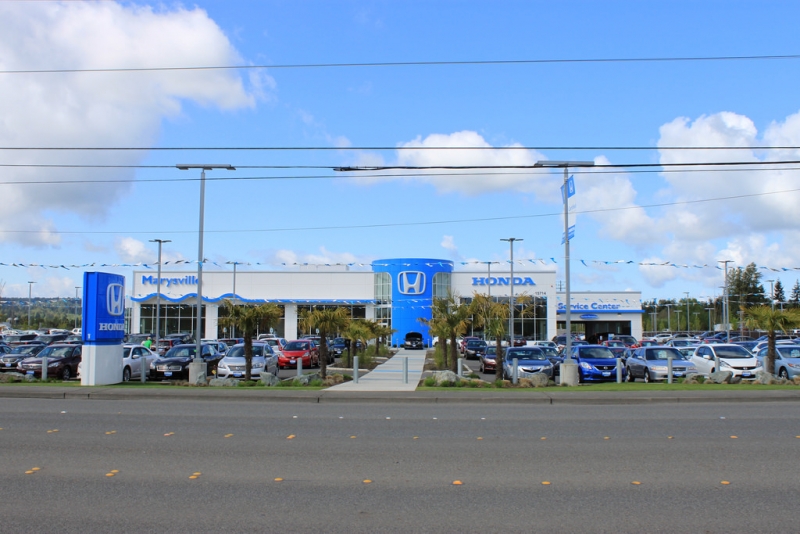Despite how many people say that their buying decisions aren’t influenced by what they see on social media, companies in many industries have seen success using platforms such as Facebook, Twitter, and Instagram. Unlike with traditional advertising, these businesses can’t get away with the, “BUY ONE, GET ONE FREE” gimmick, or any other hard selling copy that worked for television and radio. Car dealerships have still not caught up with the times and insist on selling you a car, whether you’re on Facebook, Twitter, Instagram, watching television, or when you’re listening to the radio. Selling cars in the primary goal, we all understand that. However, hard selling on Facebook is how you see no results from your social media marketing campaigns.
In my previous article, “The Marketing Disconnect Between Car Brands And Dealerships”, I covered the issues car dealerships are having with their social media marketing. This time I’m going more in-depth, taking a look at a major reason why car brands are seeing strong engagement, and dealerships aren’t.
Skimming through my Facebook news feed, a few of Chevrolet’s posts showed up on my screen, and both were perfectly written, using native content worth taking a look at. The first one read.
It’s been a school year for the books, but who’s ready for summer? For Show And Tell Tuesday, tell us where the perfect summer road trip will take you.
Notice, no hard selling copy. With the post, there was a picture of a Chevrolet Sonic in a mountainous region, probably somewhere near Arizona. What stands out here is that with the picture, along with the copy, Chevrolet is trying to evoke emotions, and if you’ve vacationed before, your car was probably part of the memories if you went on a road trip. Chevrolet fans started responding, sharing where they plan on going this summer. Because of the brand’s success at social media marketing, Chevy fans are open to interacting with the company, and with Chevy’s responses to a few of the commenters, there’s the appearance of a friendly conversation, building the trust customers want.
The next post was –
You can’t spell expressive without the SS.
One simple sentence, and Chevrolet SS fans start sharing photos of their cars. Chevy didn’t ask for pictures, it was a simple post with a catchy phrase. So far there has been over 4,500 likes and close to 300 shares. Could you imagine the exposure that one status got, along with the engagement and overall reach? These posts are vital to keeping loyal fans and followers coming back for more, which in-turn makes them more open to sharing their own experiences driving Chevrolets. So why aren’t car dealerships doing the same?
The usual posts for car dealerships is usually somewhere along the lines of, “You like this car? Come and see it”. There’s no value given to followers, no information about the car, and no good reason for potential customers to actually visit these dealerships. Instead of hard selling, or even subliminally trying to sell the cars features in your posts, create an emotional connection. Why are there consumers who buy from just one brand, or even one particular model? The experience and memories they had driving that car, along with its dependability. By not creating an emotional connection, you missed a perfect opportunity to attract brand loyal consumers, and possibly repelled them if the hard selling copy was just too much.
What’s unique about social media is that customers are beginning to become “friends” with companies. They may not admit it, but they’re sharing photos of their car, talking about their experiences, and like and share content these car brands are posting. Dealerships could do the exact same thing, and in fact, they’d be building lifelong customers and relationships, not just attracting new customers who might buy one car in their lifetime from that dealer. Social media can build consumer equity over time. You can’t take Facebook, Instagram, and Twitter lightly as customers are beginning to create virtual friendships with brands.
If anything, social media for car dealerships can be used as a tool for long term car sales, especially now with the rising number of consumers leasing instead of buying. This is leading to car buyers returning every 24 to 36 months. You can’t miss the opportunity that the economy and social media have given you. You could potentially have lifelong customers if you market right on all social media platforms.

